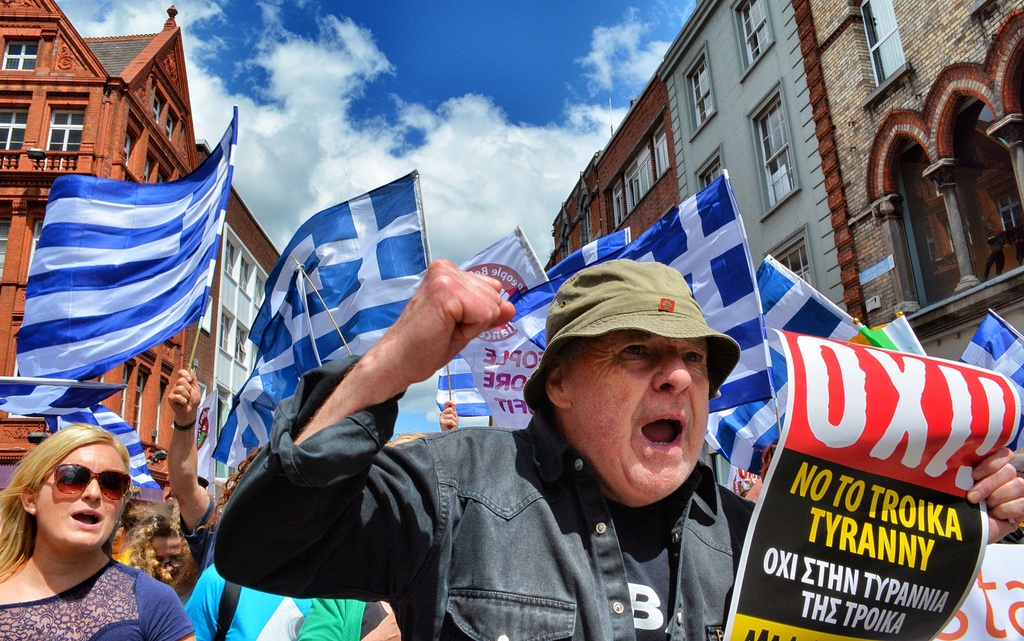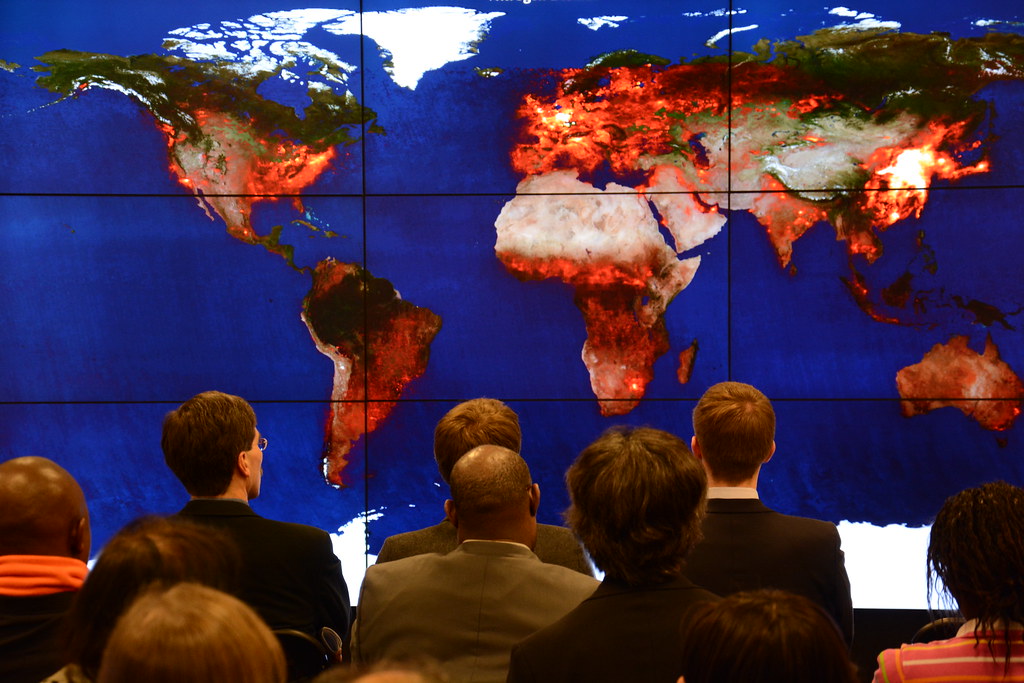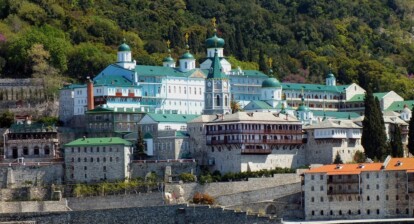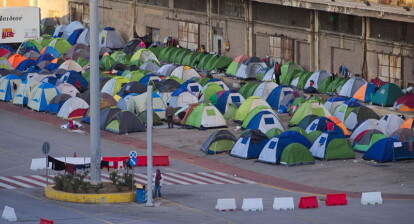“Fridays for future” have become part of students’ weekly routine in some Western European countries. Collins Dictionary even crowned “climate strike” word of the year 2019. In South-Eastern Europe, however, this trend does not look exactly the same. Our authors Kyriakos (Greece), Simona (Romania), and Liliana (Bulgaria) share insights into the debates on climate and global warming in their home countries. This week we’re off to the Greek seaside to hear from Kyriakos!
„I don’t feel like the Greek community in general is very much concerned with the issue of global warning“ – Kyriakos
Scarce media coverage
The issue of climate strikes hasn’t been covered properly by the Greek media. Yes, Greta Thunberg was shown once or twice when her famous speech took place at the UN Climate Action Summit, but I doubt I have ever seen her as the focus of a story since. Ecological or environmental news are also scarce.
Greece – too tiny to make a difference?
Greece is not an industrial country which contribute the vast majority of the pollution that leads to global warming. On top of that, we live in a state that is already used to high temperatures, so it seems like we aren’t that bothered by it. Every year for the past decade or so, during the winter months, you’ll hear people murmuring and complaining for the lack of “proper winter“, but that’s the end of the discussion. No one will ever analyze it more, try to find the source of the problem or a solution for it.
This is an issue for the wealthier countries, the ones with heavy industry and those with a much larger population rather than – in the grand scheme of things – our tiny, weak and insignificant country. While everyone should be doing as much, or as little, as they can, Greece is never going to be the country that makes a difference on that particular issue.
Frequency of protests

Greece rally against Troika, Wikipedia commons (https://bit.ly/3c5xiIK).
Truth be told, we are a fiery race. We can “take up arms” and protest for no apparent reason, so it’s not rare to find people protesting. It is an acceptable way of expressing one’s beliefs and it has become pretty normal in the post dictatorship era. Left and communist syndicates organize rallies so often, it feels like we get one every other day. They are usually inconsequential due to the fact that the issues they protest are either of low importance or rather outdated. Two weeks can’t go by without a protest in the main streets of Thessaloniki, usually by the far left.
Historical roots
The real protests that happen nationwide and concern the population as a whole are scarce. And that’s because you’d have to find a reason to unite all those different ideas and ideologies under one single banner, like the protests against the new and harsher economic policies introduced by the second and third memorandum in 2012 and 2015 respectively. In contrast to the majority of the Balkan region, Greece “escaped” communism pretty unharmed.
Contrary to the rest of Eastern Europe, who after WW2 fell under the influence of the Soviets, Greece followed the British and the French, thus making the impact of communism (with all of the issues that it brought, and still plague those nations) pretty minimal. Even though we are far behind the “true” Western countries, we were given the benefit of democracy and the freedom of speech and ideas that comes with it, from the moment our nation was formed. That, in addition to us being a Mediterranean country with all that this ensues (the aforementioned fiery spirit), contributed to the vast diversity in our political beliefs. That’s why it’s not as easy to form proper protests that have an impact.
Different focus of the protests
At the same time when this rare occurrence appears, it’s a strong force for change. Those protests mainly focus on sociopolitical issues – healthcare overhaul, reduction in pensions and benefits, increase in taxes. That doesn’t mean there are no protests at all about environmental issues, but they are much more localized. They are about issues that affect the region, supported by people in the region, getting only regional coverage and aimed at regional government. The most recent one I can remember happened in 2014-15 (and it still continues but not to the same intensity) and it was regarding gold mining in Chalkidiki.
Economic crisis
Another huge factor you’d have to consider regarding our seeming “insensitivity” to those humanitarian reasons, is the economic crisis. The Greek debt has made the news worldwide multiple times this past decade. The same people that have to worry and protest about the right to have a wage which can support their most basic of needs (housing, food, clothes), are not that keen on protesting for those issues that concern the greater good. I sometimes have the impression that in those situations, some people cannot see beyond their own well being and that of their immediate family.
The subject of global change is one of the utmost importance and if we truly care about the survival of our species, we should be using every available resource towards not only the preservation, but also the betterment of the environment. Unfortunately those with the resources to act towards that goal, do not care about such an issue, while those that do, simply lack the means to have any meaningful impact.





